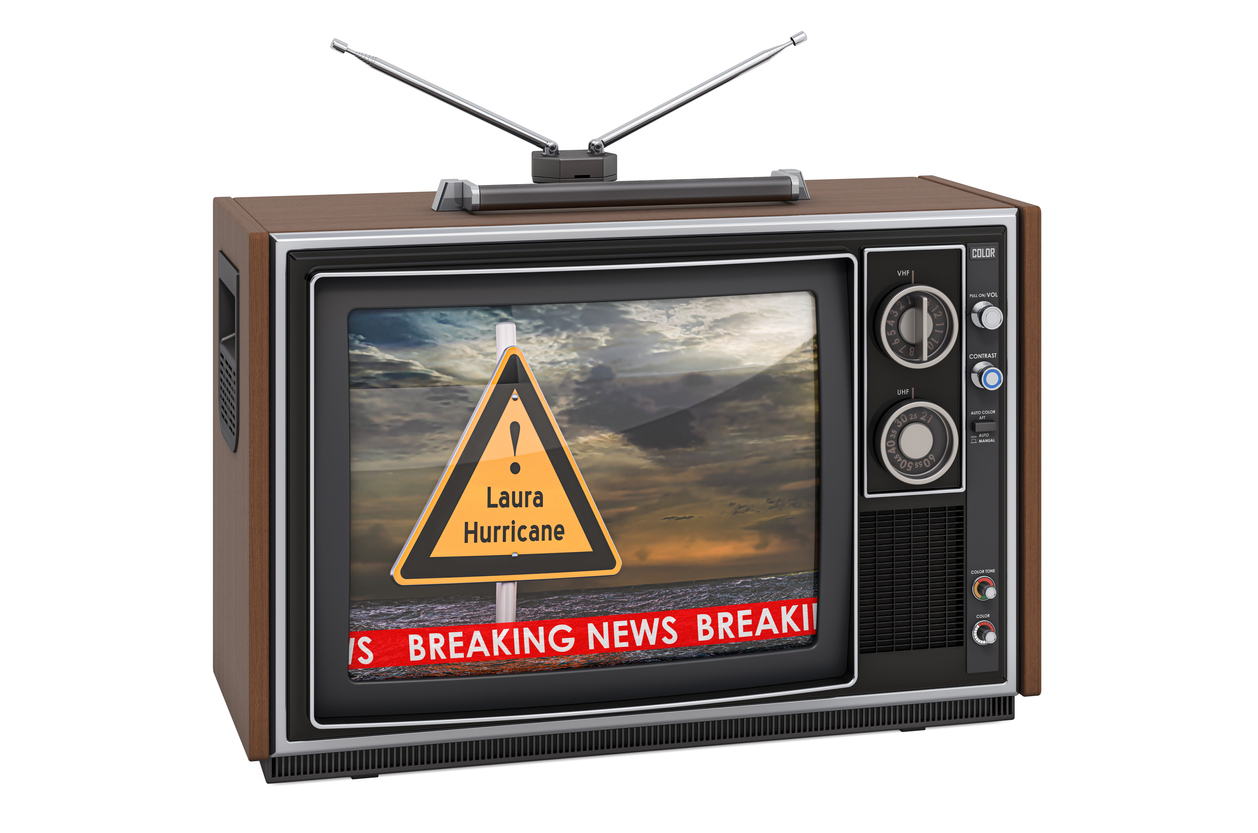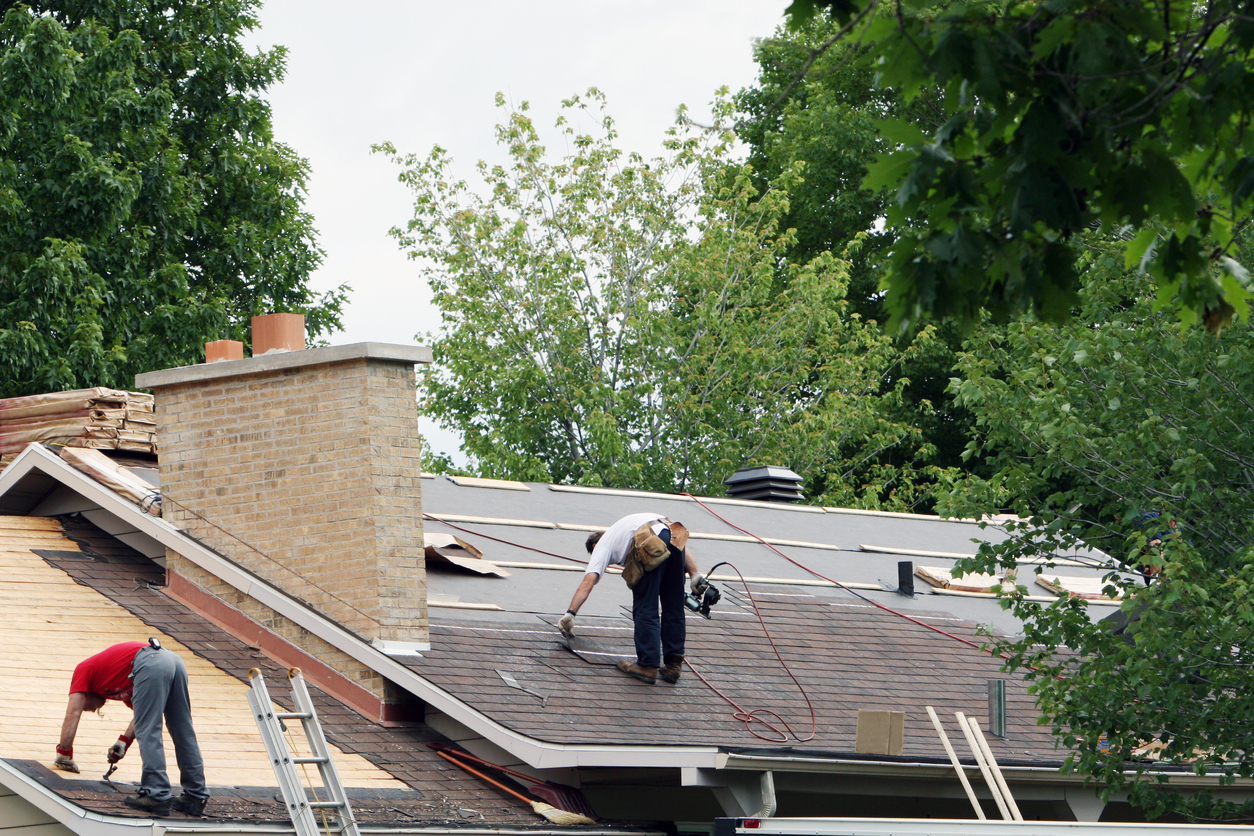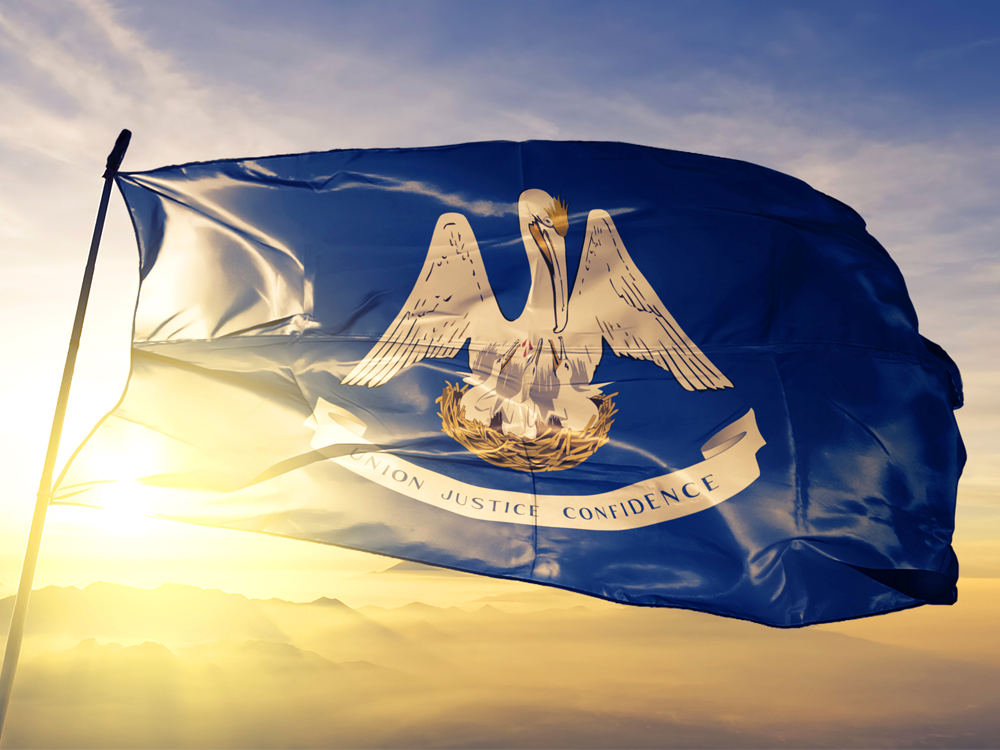In what I think is the first trial from Hurricane Laura involving bad faith allegations against an insurer, Scottsdale Insurance Company took a shellacking. I have been patiently waiting for one of the numerous Hurricane Laura cases to make its way to verdict, but they have all settled – until last week. Scottsdale argued that it paid on time and even overpaid. It is evident that the jury did not agree.
In a pre-trial Order indicating that the jury was to determine whether Scottsdale acted properly in the adjustment of the Hurricane Laura loss, the court set forth the relevant facts:
On August 27, 2020, Hurricane Laura made landfall in Cameron, Louisiana and struck Lake Charles, Louisiana as a Strong Category 4 hurricane; it was the fifth strongest hurricane to ever hit the United States and is tied as the strongest hurricane to ever hit Louisiana.
Eaux owns property in Lake Charles which was damaged by the hurricane. Defendant Scottsdale Insurance Company (Scottsdale”) issued a policy that covered hurricane-related wind damage which was in full force and effect on the day of Hurricane Laura’s devastation….
On September 15, 2020, Plaintiff’s Public Adjuster…issued an estimate to repair the building with a total building repair/replacement cost of $2,196,188.79.3 Scottsdale asserts that pursuant to the Policy language, Eaux was not entitled to an actual cash value (“ACV”) until repairs to the building were completed. Scottsdale remarks that the estimate did not provide an ACV but was based on replacement cost. Scottsdale issued a $250,000 advance payment on September 23, 2020.
Just a couple of comments about these facts. First, I hate the words “advance payments.” It sounds like the insurance company is doing the policyholder a favor. These are “partial payments” towards amounts owed. Insurance companies should be doing everything possible to make “partial payments” of undisputed amounts as promptly as possible if they are acting in good faith. Policyholders count on insurance companies to pay promptly, and good faith service demands that type of adjustment action.
Second, Scottsdale makes a valid point that under its policy, it only owes actual cash value amounts until replacement or repair costs are incurred. Public adjusters should try to make Replacement Cost Value and Actual Cash Value estimates with most losses. Insurance companies should do the same and promptly pay actual cash value and then replacement cost benefits as incurred.
Continuing with the facts recited by the court:
Eaux asserts that Scottsdale’s building consultant grossly undervalued the loss and omitted several undisputed items from its estimate. On November 22, 2020, within 30 days of receiving its consultant’s ACV estimate, Scottsdale issued payment for $218,193 for the undisputed ACV and advised Eaux it would continue to adjust the claim to reach agreement on the disputed issues. Eaux disputes this and denies that Scottsdale continued to adjust the claim.
On September 30, 2020, Eaux issued a Notice of Intent to secure Encore’s services as a general contractor on the project.8 Because Encore was not licensed, and state law prohibited it from bidding, contracting, or performing construction work in the state, Encore was unable to begin construction until November 24, 2020. Eaux remarks that Encore could have started earlier had there been adequate funding.
Eaux and Encore executed a construction contract on December 20, 2020, for a total of $1.36 million.9 Scottsdale tendered the following additional payments: $177,731.98 on January 8, 2021, $29,440 on March 17, 2021, and $1,120,726.49 on May 18, 2021.
Eaux maintains that some of its repairs were not of like kind and quality because Scottsdale underpaid, and Eaux had to make out of pocket expenses, and in addition it still owes money to others.
The court ruled that it would defer decisions on disputed issues on the merits for the jury. The verdict form presented the jury the most important question about Scottsdale’s payments:
Which payments do you find by a preponderance of the evidence were not paid within thirty days of Scottsdale receiving satisfactory proof of loss, and that such failure was arbitrary, capricious, or without probable cause? If untimely and arbitrary, capricious, or without probable cause, answer YES: if timely, answer NO.
Date Amount of Payment
11/23/2020 $218,192.53
01/08/2021 $177,731.99
03/17/2021 $ 29,440.00
05/18/2021 $1,120,726.49
The jury answered “yes” to each one of these. This results in a multi-million-dollar bad faith verdict against Scottsdale. In Understanding Louisiana Bad Faith Law When Claims Payments Are Delayed or Paid Too Late, I noted that Louisiana requires insurance companies to pay promptly:
The most important and basic principle good faith duty owed by insurers to Louisiana first-party customers is to make unconditional payments of claims within 30 days of receiving an adequate proof of loss. If an insurer delays payment for more than thirty days after investigation of the loss, my considered opinion is that Louisiana policyholders should seek and be referred to legal counsel about their legal rights.
Louisiana Revised Statute § 22:1892 sets forth a 30-day time period for prompt payment. Louisiana Revised Statute § 22:1973 provides a 60-day time period for the insurer to make an unconditional payment to the insured after the insured makes satisfactory proof of loss. These statutes have remedies and penalties when insurers fail to follow them….
An insurance company should be paying undisputed amounts of loss right away and never later than 30 days after it investigates a loss so it can determine an amount it should pay.
I have warned that insurance companies who fail to pay undisputed amounts on a timely basis should be held accountable in Undisputed Amounts of a Loss Should Be Promptly Paid:
Undisputed amounts of loss were discussed at the ABA property insurance law subcommittee last week. I have never met an insurance adjuster who said his company refused to pay undisputed amounts of loss when coverage was admitted. But, I have had insurance defense attorneys argue there is no legal obligation to pay undisputed partial amounts of loss, even if coverage is admitted.
…
I expect that insurance defense attorneys will continue to argue that insurance companies have no obligation to pay partial amounts of agreed amounts of loss which are owed. Otherwise, their clients will lose the case and be held accountable for failing to do so. To me, it makes no sense that the law would support and provide immunity to slow-paying and underpaying insurance companies. The entire purpose of insurance is to shift the financial burden to the insurer.
In this case, Scottsdale Insurance Company was found to have paid too little and too late. This case represents a great study and roadmap for prosecuting slow-paying insurance companies.
Thought For The Day
Action is the foundational key to all success.
—Pablo Picasso




